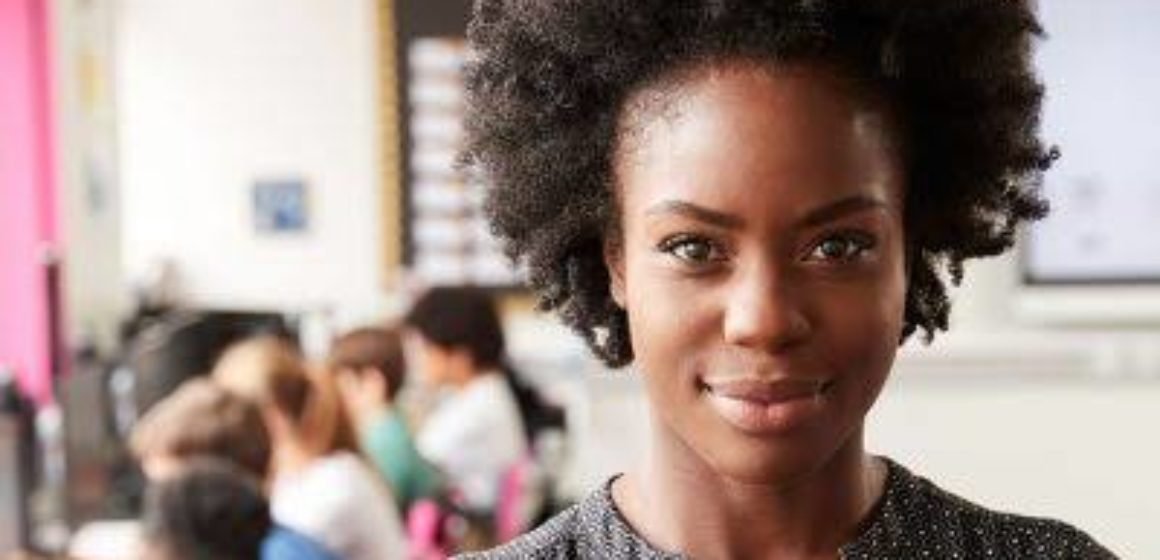Tips on How to Become Your Best Self
While we love to learn about how to improve and develop ourselves, taking in such information is a passive activity, while actually changing our behavior is an experiential one.
Here are tips to help you become your best self;
Stay the Course
We are what we repeatedly do. Excellence, then, is not an act, but a habit.
—Aristotle
As you move to action, there are certain disciplines and new habits of thinking that will support your success. You need to consider how you will integrate each of these habits into your way of being. It’s not enough to merely have the idea of doing something; you must commit to exactly how you will make each of these become a habit in order to support your ability to stay the course. It’s like the bumpers they put in the gutters in bowling alleys. Even when you go off course; make sure you have your bumpers or boundaries in place to keep you on the straight and narrow.
Practice, practice, practice.
It takes determination, discipline, and a lot of regular practice to change your brain over time. Sports analogies help us see the amount of practice that goes into developing a new physical skill and give us an idea of the work we must commit to as the development of our brain, self-care, and relationship skills are much more complex than sports skills and take longer to wire into the brain.
Think about how long it takes a baby to walk or how long it took you to learn to swim. You have to be prepared to dedicate yourself to your own development; in the same way your mother or primary caretaker dedicated herself to your care while growing up. And if she didn’t set a good example for you; it’s time to move beyond where she left off and challenge yourself to do it differently.
Monitor your progress.
It is not enough just to set the plan. You have to follow it, consistently monitoring your progress against the plan, reflecting on what is going well and where you are struggling or avoiding moving to action.
At the end of each month, you will need to reset your monthly plan; acknowledging your accomplishments and identifying new actions or experiences.
Talk about your successes.
Pleasurable experiences are stored in our working memory in the rational brain. For them to register, you actually have to experience them and hold them in your conscious awareness for at least 10 to 20 seconds. To the brain, if you have a pleasant experience and just move on, it’s like it never happened.
The brain is wired to throw up painful or “negative” emotional memories faster and with greater frequency, which is why people complain more than they talk about their successes and joys.
Refocusing the brain on pleasurable experience requires slowing yourself down; and taking the time to share your experiences with others so you can build confidence, self-esteem, and optimism. It also requires you to discard that old belief that talking about your achievements is “bragging.”
Leverage relationships.
Our brain is especially open to change through relationships. Current brain research is demonstrating that the brain is a relationship organ and that our interactions with others are critical to changing our brain.
Relationships provide us with the opportunity to meet our predominant need, as well as develop our self-awareness System. They have the capacity to enrich our lives, deepen our self-awareness, and provide us with the love, recognition, and support we need. You need to define how you will leverage relationships in order to support your success.
For this and much more Information relating to employability skills, employment opportunities, career advancement and entrepreneurship development; Join our Telegram and WhatsApp groups, and also follow us on Twitter and Facebook.
Culled from: Training Magazine.




